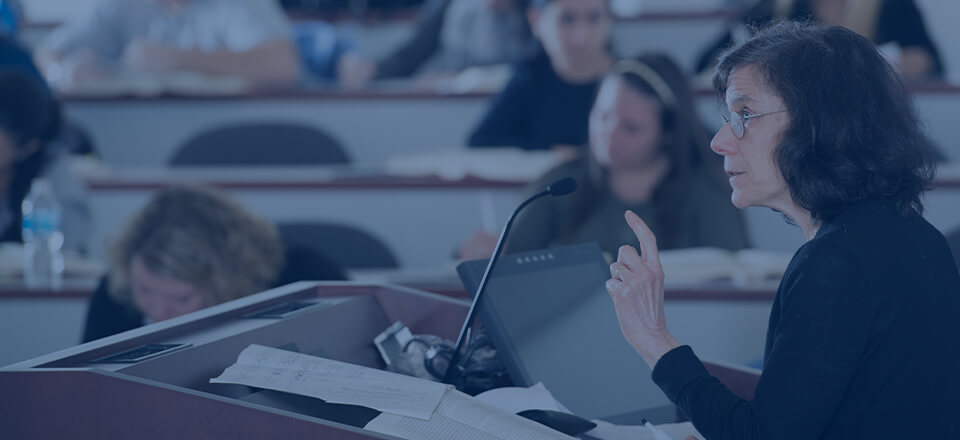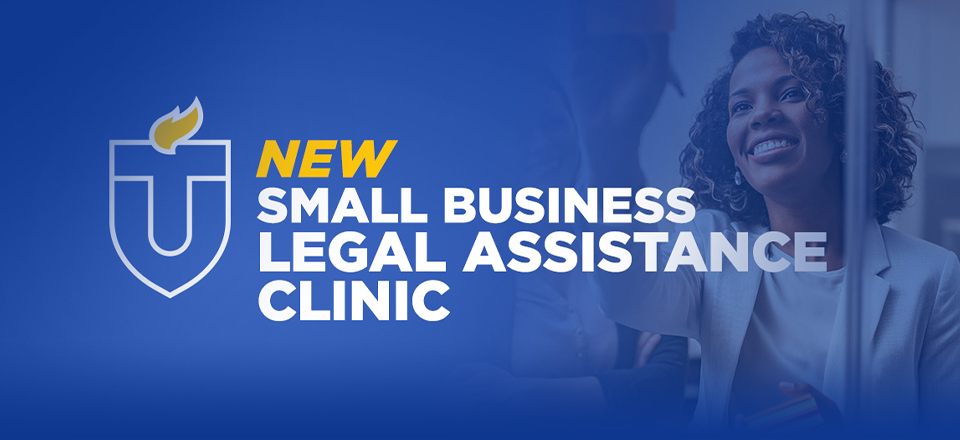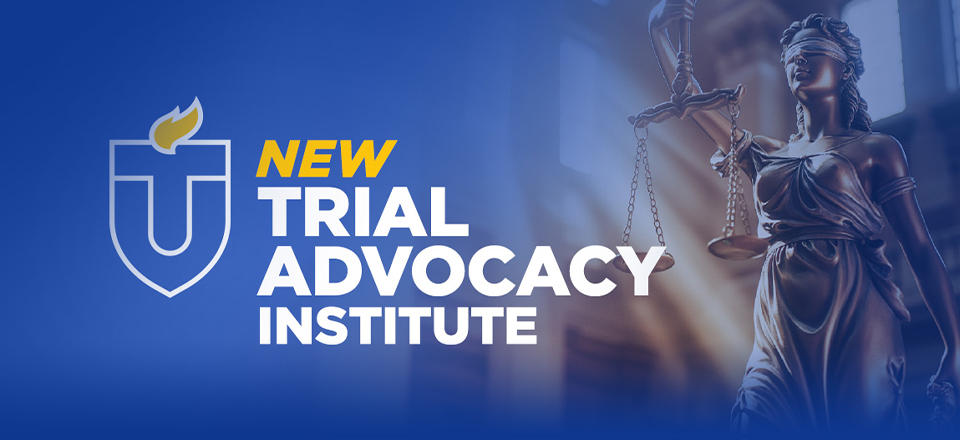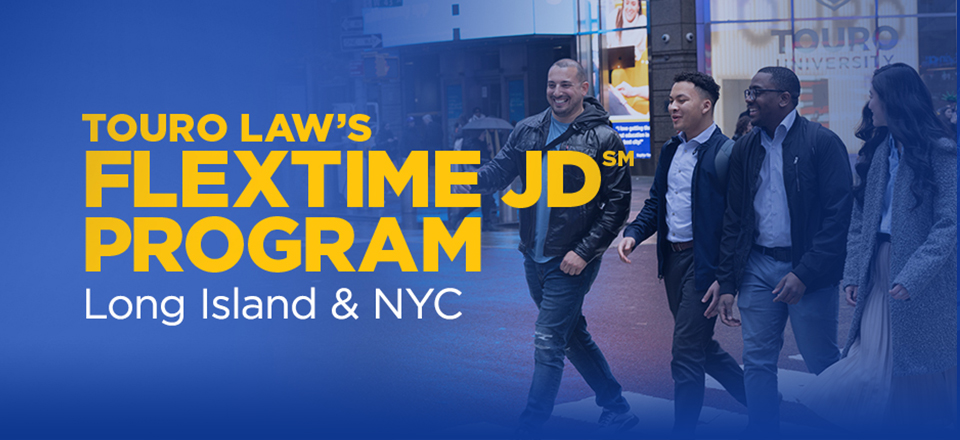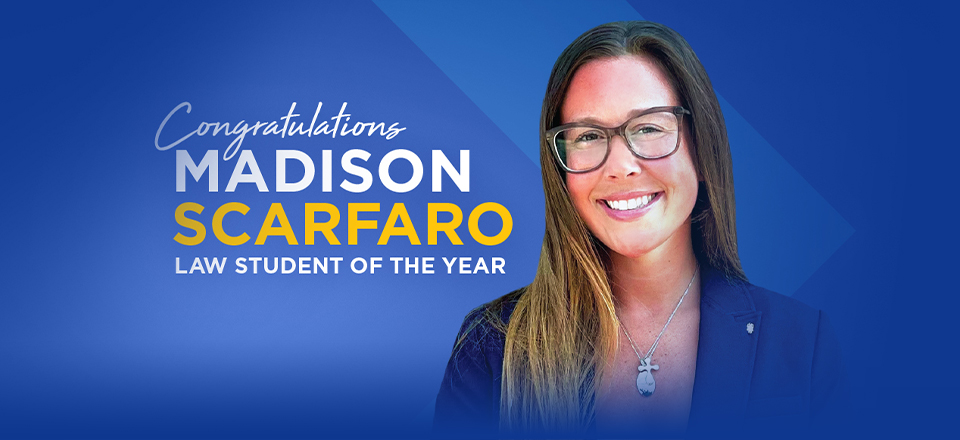Featured Content
About
Featured Content
.jpg)
Symposium registration open!
Register today!
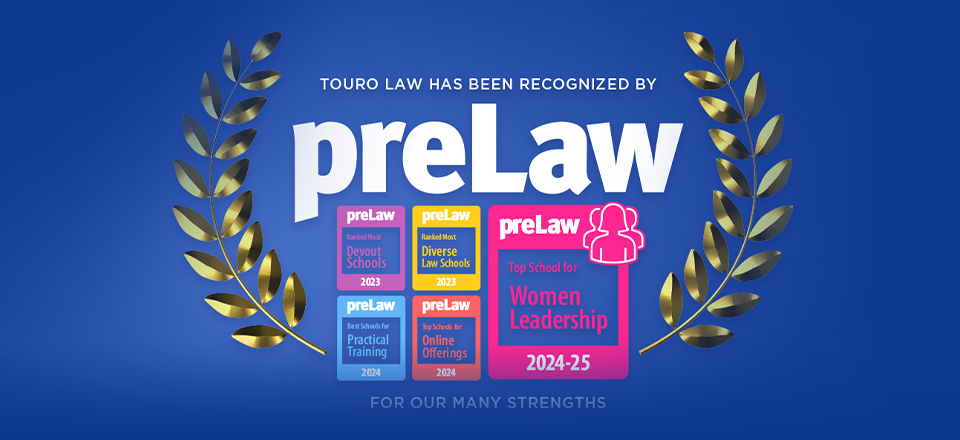
Why Touro Law?
preLaw Magazine recognizes Touro Law for programs and strengths.
.jpg)
Top NY School for Professor Accessibility
Touro Law is the top-ranked New York law school for professor accessibility according to The Princeton Review 2024.

FlexTime Program Nationally Ranked in Top 10
Touro Law's FlexTime Program has been ranked as a Top 10 Hybrid/Online Law Degree Programs for 2022 by College Consensus for 2023!
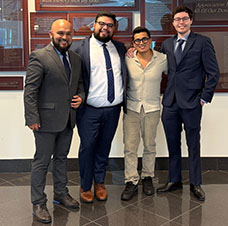
Immigration Clinic
Touro Law Center’s Immigrant Rights Advocacy Clinic recently celebrated a significant victory, securing asylum for a client fleeing persecution abroad.
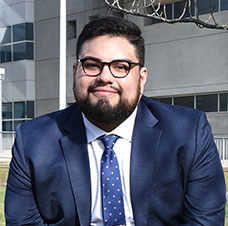
Make a Gift to Support
SBA President Josh Stickell shares his experience at Touro Law and asks alumni and friends to support the law school.
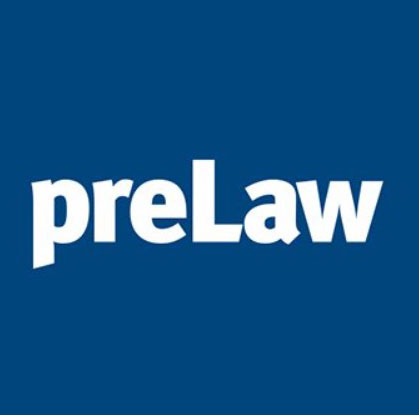
New Institutes Make Headlines
Touro's new institutes have caught the attention of preLaw and National Jurist magazines.
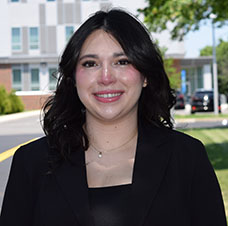
Student Spotlight:
Emma is passionate about helping others and serves as a student leader on campus. She is on the path to fulfilling her dream – and becoming the first person in her family to graduate from law school.
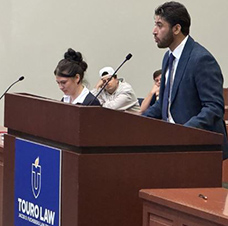
Students Participate in
Touro Law students participate in an Intramural Moot Court Competition at the Law School in front of a panel of judges and fellow law students.
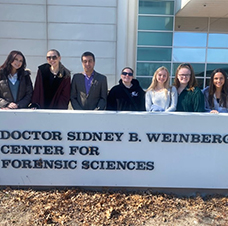
Students Visit Crime Lab
Criminal Law Society members visited the Suffolk County Office of the Medical Examiner, which includes the Medical Forensic, Toxicology, and Crime Laboratory departments.

Clinic Spotlight
Touro Law’s Immigrant Rights Advocacy Clinic Hosts Groundbreaking Pro Se Event in Collaboration with CARECEN.
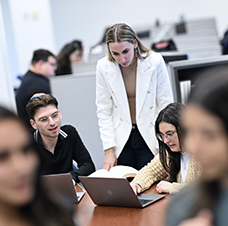
Honors Program Spotlight
The Honors Program students participate in enhanced academic, experiential, and social opportunities as part of a community of student-scholars at Touro Law.
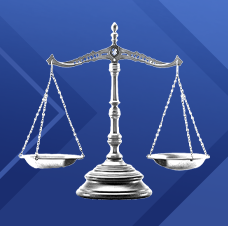
Post-Graduate Clerkship Success
Congratulations to ten Touro Law graduates in the Class of 2024 who have secured post-graduate clerkships!
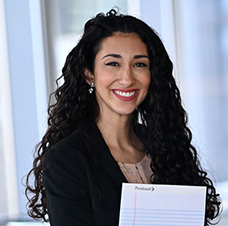
Alumni Spotlight:
Julia Ansanelli, Class of 2016, is a busy and bright corporate attorney who happily makes time to fight for asylum for immigrant teens.

Storytelling as a Tool for Action & Change
Touro Law students have the opportunity to intern for the Herstory Linda Howard Weissman Youth Justice Writing Workshop, and be paired with court-involved young people to tell stories, elevate voices, and write for justice.

Criminal Law Spotlight
A Texas inmate serving a life sentence, through a specially arranged phone call, as well as a judge and a public defender joined a 1L criminal law class to share perspective and insight with students.
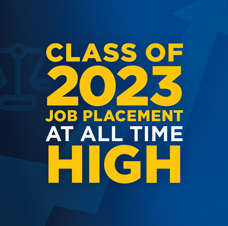
Employment Success
The Class of 2023 has the highest job placement rates for any graduating class in the school's history.
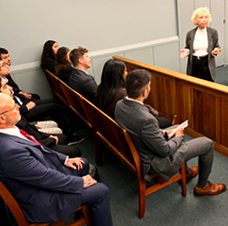
All Rise
Professor Kramer takes students to court as part of the Court Observation Program to meet with judges, talk with attorneys, and give students a true look at what life is like as a legal professional on Long Island.
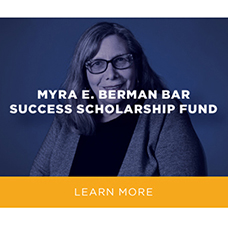
Myra E. Berman Bar Success
In recognition of her passion for our students and creating an innovative classroom environment, we have created a new named scholarship that will allow selected students to focus on bar study by providing scholarships to help relieve financial burdens. Make a donation today!
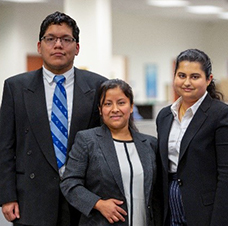
Immigration Clinic Win!
Touro Law students in the Immigration Rights Clinic won a difficult victory for a Guatemalan woman facing persecution in her home country - changing a life while learning the law.
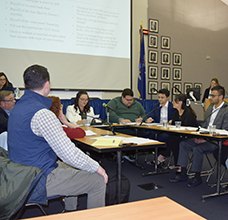
Touro Law and SCBA's Mock Property Closing Event
Touro Law and the Suffolk County Bar Association offered a Mock Property Closing event for students and real estate attorneys.

The Changemakers Chronicle:
Check out current and recent probono projects and initiatives that Touro Law students are involved in!
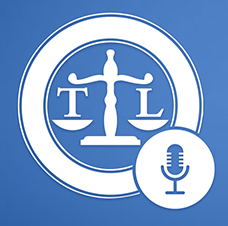
Touro Law Review Podcast Series
In the most recent Touro Law Review podcast episode, Magistrate Judge James M. Wicks explains the role of a US Magistrate Judge and shares thoughts on how AI may change the practice of law.

Alumni Spotlight:
Jon C. Teller, Esq., is a partner and an award-winning senior trial attorney at Wilshire Law Firm in Los Angeles. He has a proven track record of obtaining verdicts of millions of dollars for his clients.
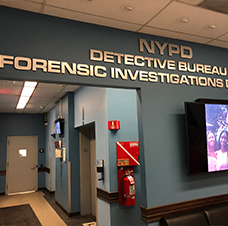
Clinic Spotlight:
Students in the Brooklyn Prosecution Clinic visited the New York Police Department Forensics Investigations Division in Jamaica, Queens. They had the opportunity to tour NYPD facilities and laboratories.
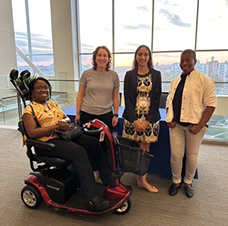
Faculty Spotlight:
Professor Roth participated in a Health Law Scholars Workshop, where her work-in-progress was reviewed and enthusiastically received.
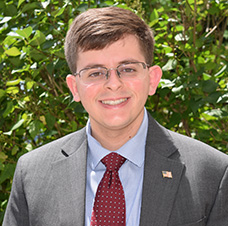
Student Perspective:
2L Andrew Martin is the VP of Touro Law's Student Chapter of the Suffolk County Bar Association. He contributed an article, "Raising the Bar: A Law Student's Experience at the Bar Association" for their publication.
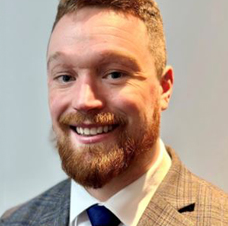
Alumni Spotlight
Brian Conaty is a 2018 Touro Law alum with a desire to affect positive change in his community.
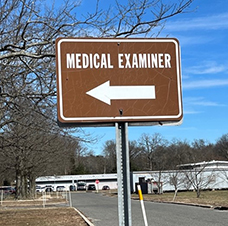
Students Tour the Morgue
Touro Law students visited the Office of the Suffolk County Medical Examiner for a tour of the morgue and learned about how autopsy results are often critical to crime scene investigations.
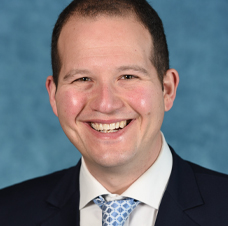
Faculty Spotlight
Assistant Professor of Law Gabriel Weil may be best known for his scholarship in environmental law. However, he has recently expanded his scholarly research and interest in the area of Artificial Intelligence, and one of his papers was recently discussed in Vox.
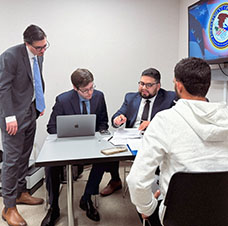
Immigration Clinic Helps
Clinic students recently participated in a pro se asylum clinic as part of EOIR's “Attorney of the Day” initiative.
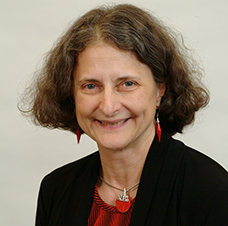
Faculty Spotlight:
Professor Marjorie Silver received the AALS Section on Balance & Well-Being in Legal Education Award at the Association's Annual Meeting in January.
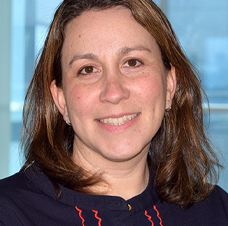
Faculty Spotlight
Professor Lauren Roth was selected to present her work at the University of Michigan Law School’s 10th Annual Junior Scholars Conference.
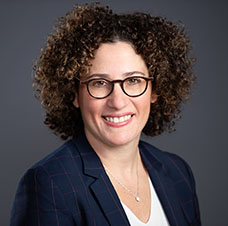
Faculty Spotlight:
Professor Miller recently participated in a panel at the NYSBA annual meeting sponsored by NYSBA’s Committee on Diversity, Equity and Inclusion.

A JD Degree Can Advance Your Career
Explore the benefits of earning a law degree and all the ways it can help you advance your career (even if you’re not planning to be a lawyer) and learn how our hybrid FlexTime JD program is tailored to meet the needs of busy students.
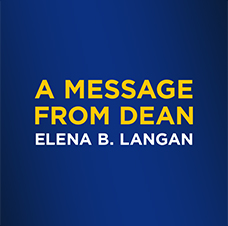
A Message from Dean Elena Langan
Please read this important message from Dean Langan.
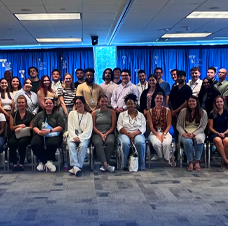
Poverty Simulation
All incoming Touro Law students were invited to participate in a Poverty Simulation during the 2023 Day of Service and Public Interest at Orientation this year.
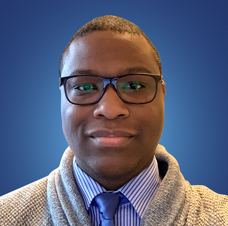
Alumni Spotlight:
Gregory Coleman was recently promoted to Deputy Director of Training for the Legal Aid Society’s Criminal Defense Practice where he is responsible for getting new attorneys ready to represent indigent New Yorkers in all five boroughs.
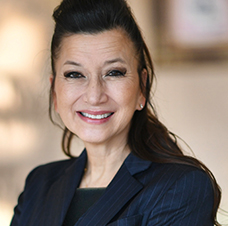
Alumni Spotlight:
Mulry is attorney in charge of the Legal Aid Society of Suffolk County. She's the first woman in that job, a role that she relishes as an attorney and activist for the poor, young, and elderly.
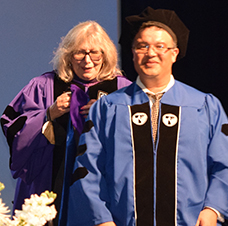
Student Spotlight:
Aron Pirov, a 2022 graduate of the inaugural FlexTime Program, was featured in Touro University's LINKS magazine.
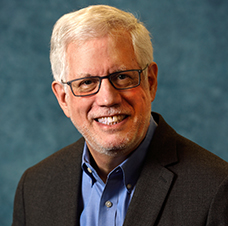
Faculty Spotlight:
Professor Hal Abramson’s scholarship and work often crosses international borders, even into the Ukraine during a time of war.

